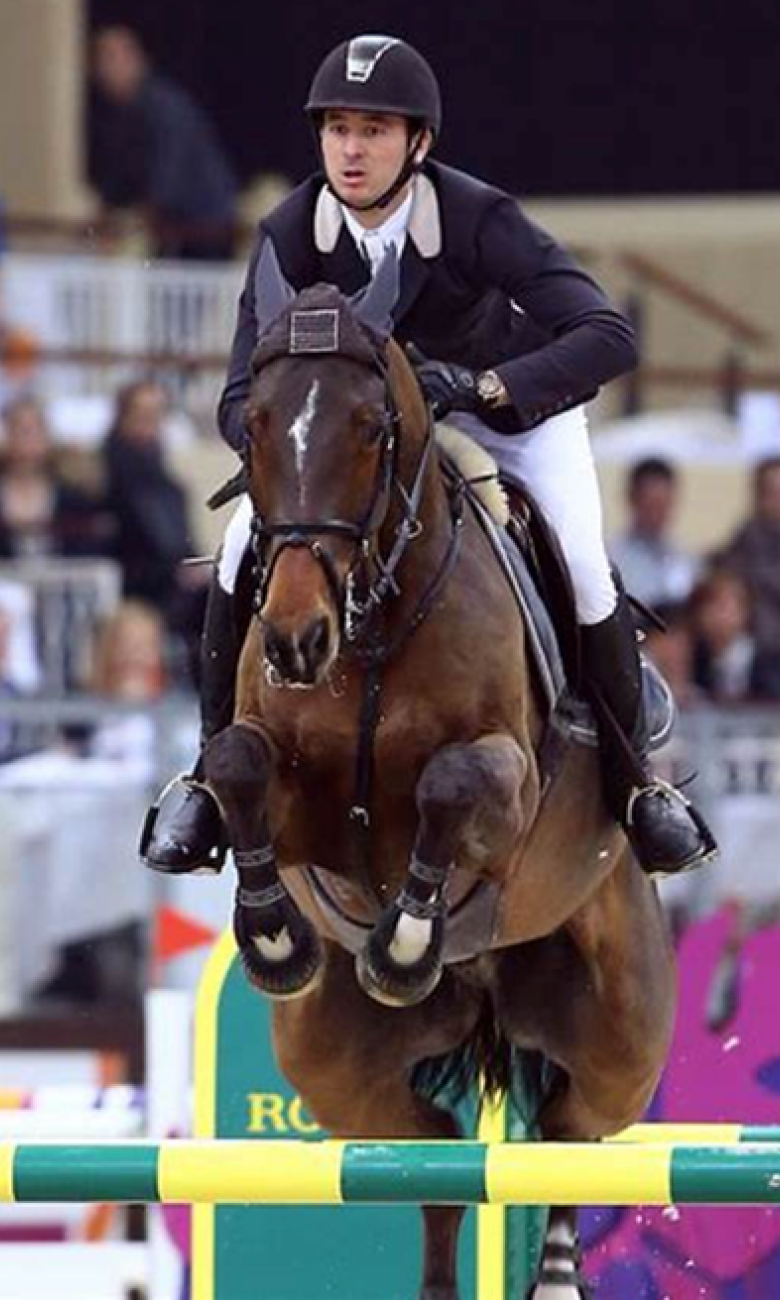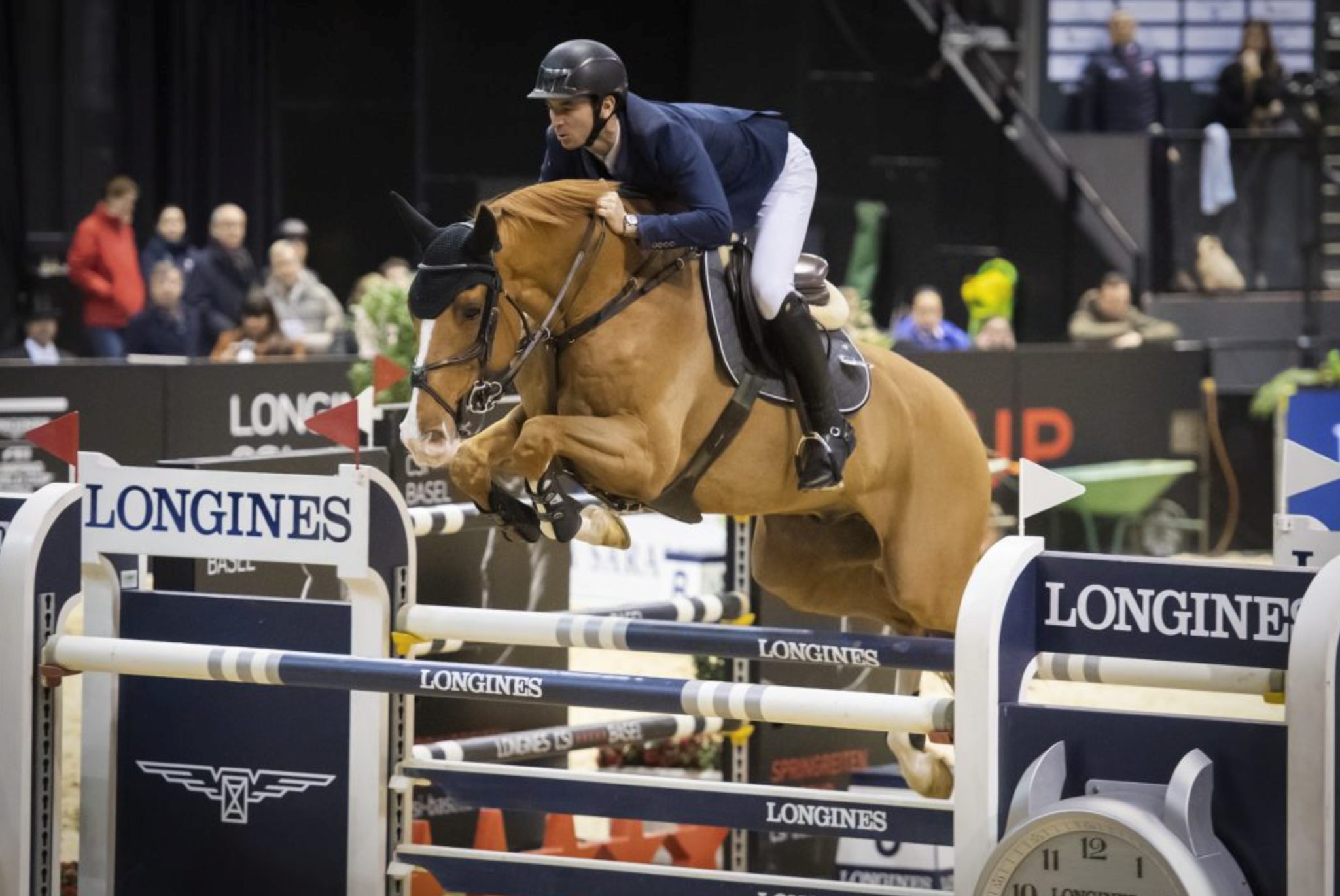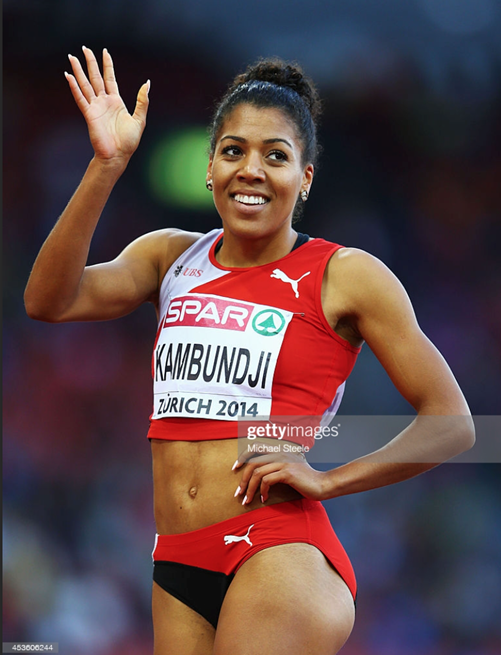How high will Switzerland climb up Tokyo’s Mount Olympus?
According to Ralph Stöckli, head of the delegation, Switzerland is aiming for at least seven medals at the Olympic Games starting at the end of July, i.e. to do at least as well as in Rio four years ago. In this article, we take a look at the history of our latest medals and consider the disciplines in which Switzerland has the best chances.
On 31 July 1996, 25 years ago, Pascal Richard from Vaud won the holy grail of medals, becoming the Olympic cycling champion in Atlanta. "When you win this medal, you go down in history. It's every athlete's dream," he says today at 57. In Atlanta, he came out on top in a line-up that included stars like Armstrong, Indurain and Cipollini. He recalls the day as if it were yesterday: "Sörensen broke away with one kilometre to go and I managed to keep up with him, together with Sciandri. The last stretch was a false flat. I beat them at the finish line in a sprint, enveloped in American giddiness. I still get a lot of mail. People ask me for autographs and reminisce nostalgically about my feat."

Of the 116 Swiss athletes taking part in the Olympic Games in Tokyo from 24 July to 9 August, who has a real chance of achieving such glory or at least taking home a medal? Head of mission Stöckli from Graubünden hopes to see at least as many medals as in Rio four years ago, i.e. at least seven. And in which disciplines? "We're sure we've got a real chance for medals in equestrianism because we've got the world's second and third best riders, Steve Guerdat and Martin Fuchs," he said recently, adding: "We're also eyeing medals in cycling thanks to Stefan Küng, not to mention in fencing. And at each Olympics, there are some stars that start to shine."
Let's not forget that the rider Steve Guerdat from the Jura region may bring home another gold this time in showjumping, as he did in London in 2012. He recently spoke about these controversial Olympics, feared by many people in Japan because of the pandemic, with his typical big-picture perspective:
My sense of solidarity prompts me to think about the people who are suffering. I don't know whether it is legitimate to stage these Games. But the athlete in me wants to go; the Olympics are the dream of a lifetime for any champion and I am one. We have been preparing for this for five years.

Also an Olympic champion in London, the Zurich triathlete Nicola Spirig kept it going with a silver in Rio in 2016. Today, at 39, this mother with a law degree and three children aged 8, 4 and 2 is once again among the favourites, as highlighted by her World Cup victory in Lisbon at the end of May. "I still feel physically fit, and I've done everything necessary to be at the top of my game in Tokyo," she said recently. This will be her fifth Olympic Games in a row!
In cycling time trials, Fabian Cancellara from Bern won two Olympic medals, with eight years between these victories (Beijing in 2008 and Rio in 2016). A 27-year-old from Thurgau, Stefan Küng, has the talent to succeed him. Küng recently came in second in a time trial at the Tour de France after staying ahead for almost the entire race. Stöckli also views his delegation's fencing team as a serious contender in the medal-seeking fray. Led by the experienced fencer Max Heinzer, the team won the gold in China in 2018. Fencing is a long-standing sport in Switzerland, but the only Swiss gold medal in fencing was won a while back, by Marcel Fischer in Athens in 2004.
In athletics, Markus Ryffel snagged the silver in the 5,000m in Los Angeles way back in 1984 – with no Swiss medals in this flagship Olympic sport since then. In Tokyo, the women sprinters could put an end to this long drought. In 2019, Mujinga Kambundji of Bern came in third in the 200m at the Doha World Championships, becoming the first Swiss woman to win a sprint medal at this level. Having recovered from a protracted injury, she recently proved that she's back in shape by finishing third at the meet in Florence. In Tokyo, she will also be the leader of the 4x100 relay team that had stunned the country in Doha by finishing fourth, on the heels of the Americans. Since then, Ajla Del Ponte of Ticino, recent European champion in the 60m indoor event, has also risen to the top of the world sprint rankings. There are certainly grounds for optimism. "We grazed first place at Doha, so why not at the Olympics?" Del Ponte pointed out recently. And Raphaël Monachon, the coach, makes no bones about it: "We're pulling out all the stops to go for the gold."

In the history of the Games, Etienne Dagon from Neuchâtel remains the only Swiss swimmer to have stepped up onto the podium; he came in third in the 200m breaststroke at the Los Angeles Olympic Games in 1984. Winning an Olympic medal is the life goal of Jeremy Desplanches from Geneva, runner-up in the 200m medley in China in 2019.
Already very ambitious in Rio, he did not let his failure in the semi-finals get him down:
As soon as I got out of the pool, I couldn't wait to start training again to get another chance four years later.
To succeed, the Genevan left Switzerland for Nice, where the training conditions are better. He swims no less than four hours a day.
Delegation head Stöckli also talked about such stars who are born at the Olympics. In lesser-known sports, Switzerland can dream of medals particularly in BMX with Zoé Claessens from Vaud, recent European champion, or in windsurfing with Mateo Sanz Lanz, who came in second in the pre-Olympics held on the official site in 2017.
Werner Augsburger of Valais knows the Olympics in and out, having served as head of delegation for three times in a row in the early 2000s. He knows that a good group dynamic can help Switzerland win medals: "At the 2006 Winter Olympics in Turin, Bruno Kernen's bronze medal in the downhill at the very beginning of the competition was in a way liberating for the rest of the team. The more time passes without a medal, the more the pressure mounts, with the press asking every day: 'But when will there finally be a first medal?'" The medal that made the biggest impression on Augsburger was not gold but bronze. It was won by Sergei Aschwanden of Vaud in Judo in Beijing in 2008, a breakthrough after two consecutive failures.
Four years of sweat can go up in smoke in a few seconds at the Olympics. That's what happened to Sergei, who was eliminated prematurely in 2000 and 2004 although he was one of the favourites. But he persevered until he made his dream come true. In lesser-known sports, where there is little money, the Olympics is the be all and end all.
Augsburger explains, also recounting his special memories of the opening ceremony of the Beijing Olympics, where the Swiss flag bearer was a certain Roger Federer: "We had to protect him because so many other athletes wanted to take pictures with him. I saw how much people liked him."
Since the beginning of the modern Olympic Games, Switzerland has won 192 medals, 40 of them gold. The best performance was in Paris in 1924, when the Swiss delegation raked in 25 medals. With eight medals, four of them gold, in four Olympic Games from 1924 to 1936, the Zurich gymnast Georges Miez remains the Swiss athlete with the most medals. For Switzerland, gymnastics is the most olympically decorated discipline (49 medals), ahead of rowing and equestrianism. Some of the recent Olympic champions have made more of an impression on the public, e.g. tennis-player Marc Rosset, who won the only Swiss medal in Barcelona in 1992, the golden Federer-Wawrinka duo in Beijing in 2008, Steve Guerdat in 2012, and of course Pascal Richard's history-writing feat of that 31 July in 1996.
Who – from the Swiss team headed to Tokyo – will join them on Mount Olympus?




